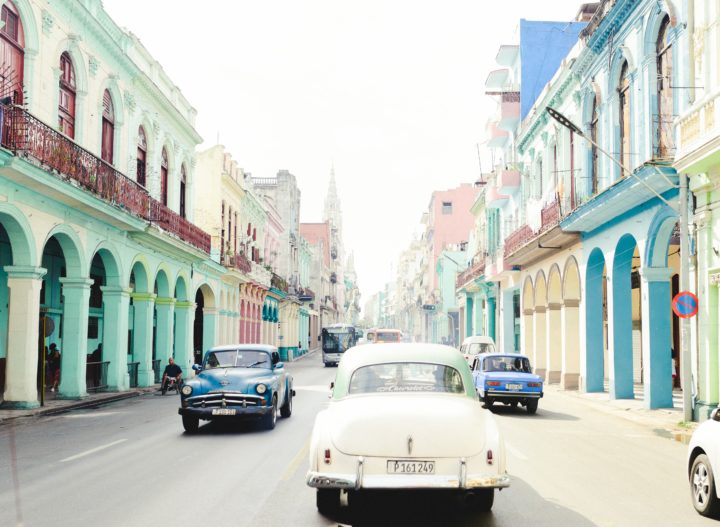Cuba is a stunning island country full of music, color, timeless beauty, and deep history. Although it may be difficult for Americans to travel to Cuba, it’s not impossible and certainly worth the effort. If you are planning a trip, here are a few crucial requirements you should keep in mind.
Passport
Your passport must be valid at the time of entry and at least two blank pages are required for entry and exit stamps. Your passport must also be valid beyond two months of your stay, and you must have proof of accommodations and a return flight when entering the country.
Tourist Visa
Tourist travel to Cuba remains prohibited. Travel.state.gov states that you must obtain a license from the Department of Treasury or your travel must fall into one of these categories: family visits, official business of the U.S. government, journalistic activities, professional research, educational activities, public performances, athletic and other competitions, humanitarian projects, exportation, importation and transmission of information. Additionally, U.S. nationals visiting Cuba must go through authorized tour operators with accompanied tour guides.
Health Insurance
When entering the country, Cuba requires all visitors to have non-U.S. medical insurance. This is often included in the price of your airline ticket when traveling from the United States or can be purchased at the airport when you land in Cuba. International students on scholarships are also required to be tested for HIV/AIDS.
Currency Restrictions For Entry & Exit
According to travel.state.gov., U.S. credit and debit cards generally do not work in Cuba. So it’s important to bring cash to cover your stay. The Cuban government also requires that travelers declare cash amounts over $5,000 USD when entering the country.
The export of Cuban convertible pesos (CUC) is strictly prohibited, regardless of the amount. This means you must convert any pesos back to USD well before reaching the airport for your departure.
Safety
Although Cuba is considered to be relatively stable with a strong military presence, it is common for peaceful demonstrations to become violent. It is important to note, “The Cuban government has detained U.S. citizens who are suspected of engaging in activities perceived to undermine state security. The Cuban government may detain individuals for activities which would not be considered criminal or offensive in the United States.”
Theft and violent crimes are also said to be on the rise in many parts of Cuba due to the influx of tourists. If you are a victim of a crime, contact the local police (106) and the U.S. Embassy (+53 7839-4100)
Vaccinations
Though no specific vaccinations are required to enter Cuba, it is recommended that all travelers are up to date on U.S. vaccinations and are aware of the presence of Zika Virus and Dengue fever.
For more information about U.S. and Cuba relations visit state.gov.
[Source: travel.state.gov]
